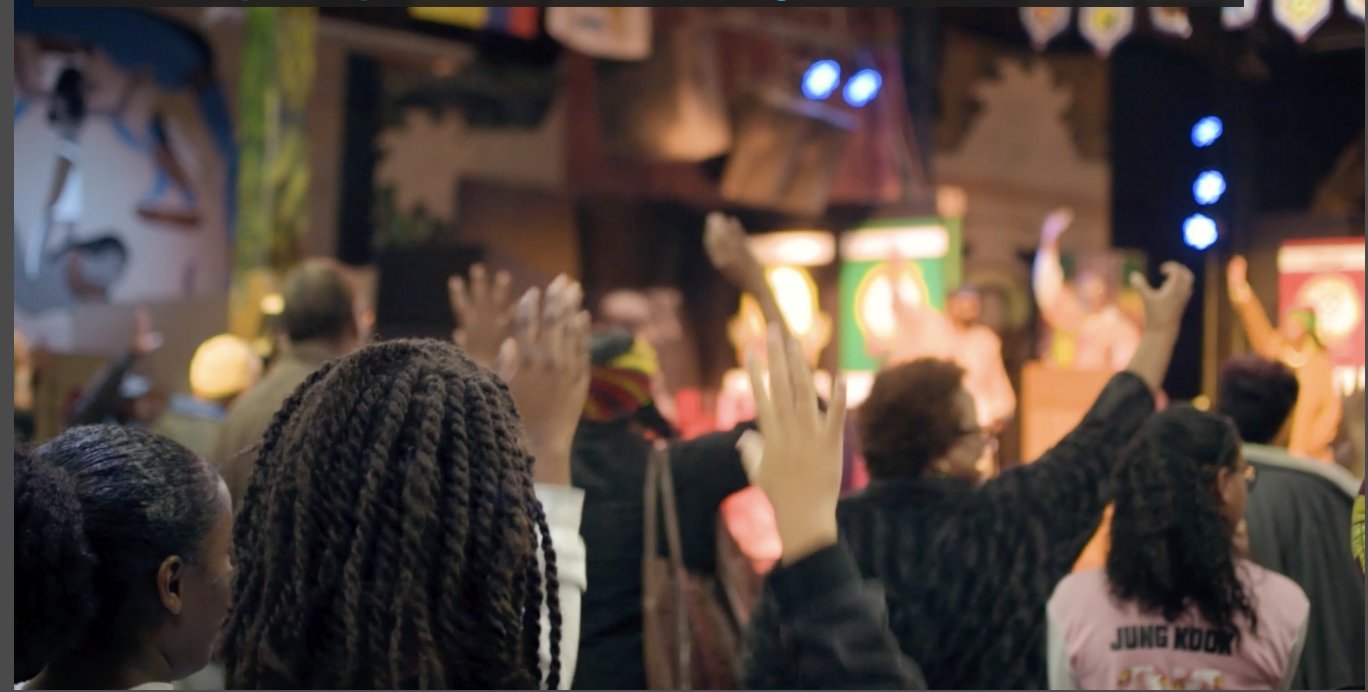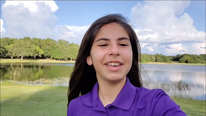March 2022: Broadening the Landscape of Citizen Science

Theme's playlist
Expert Panel

March 2022: Broadening the Landscape of Citizen Science
Recorded: March 8, 2022 at 3:00 PM ET
Description: This Online Panel focuses on overall engaging a broader audience in citizen science and exploring promising practices for broadening participation in various citizen science projects and more broadly in informal STEM education.
View Recording & Bios Join the Discussion!
Discussion
Read the discussion related to this theme.Related Resources
"...we aim to explore what the field, and the multiple publics it serves, might gain or lose by replacing the term citizen science and the potential repercussions of adopting alternative terminology (including whether a simple name change alone would do much to improve inclusion)."
Citizen science is a powerful tool for connecting people to science, but in the US, such initiatives have not connected as well to groups that have been historically underrepresented in science... Here, I discuss a participatory framework for designing citizen-science programs that align with community priorities.
Educators in rural Alaska assessed and implemented effective strategies for Indigenous youth in rural Alaska to use GLOBE (Global Learning and Observations to Benefit the Environment), a K–12 classroom learning program, to study local changes in climate.
We examine volunteer interaction with 63 projects, representing the most comprehensive collection of online citizen science project data gathered to date. Together, this analysis demonstrates how subtle project design changes can influence many facets of volunteer interaction, including when and how much volunteers interact, and, importantly, who participates. Our findings highlight the tension between designing for social good and broad community engagement, versus optimizing for scientific and analytical efficiency.
In this paper we discuss a CS project that sought to include underrepresented communities in Baltimore, Maryland... we highlight perspectives from local community members and research personnel about the barriers to CS engagement, challenges in translating scientific outcomes to social justice efforts, and opportunities to address these barriers in CS program development and design.
Scientists need to focus on tangible efforts to boost equity, diversity and inclusion in citizen science, researchers from North Carolina State University argued in a new perspective.
Scientists who team up with the public to conduct research need to do a better job of including all segments of society. That's one of the key recommendations in a new report on citizen science by the U.S. National Academies of Sciences, Engineering, and Medicine in Washington, D.C.







Heather Fischer
Hello Everyone,
I am looking forward to our theme this month and to the discussion later today. I will post some highlights from the webinar to inspire some discussion.
-Heather